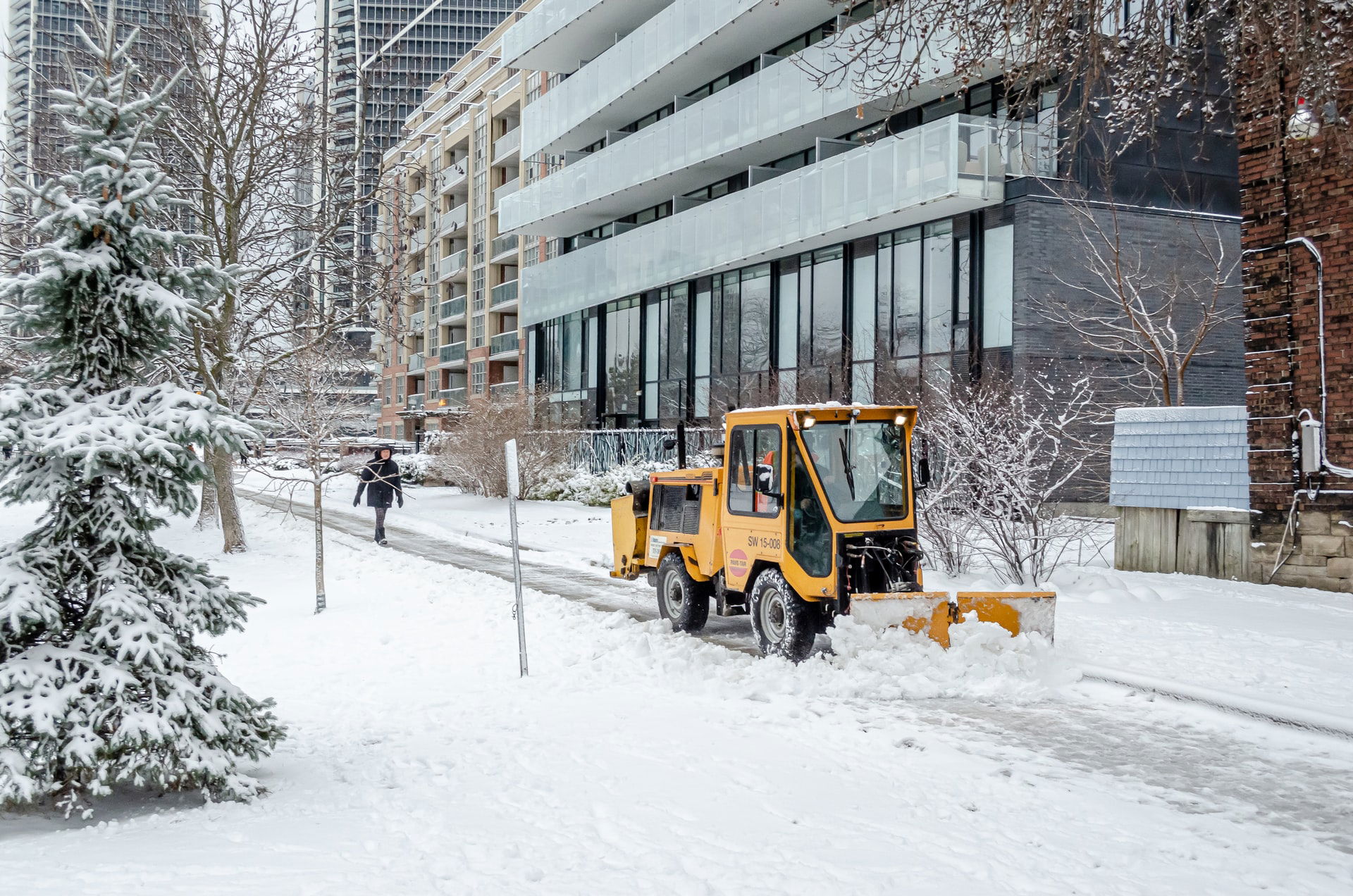What Is Bankruptcy And Will It Wipe Out All My Debts
Bankruptcy occurs when an individual cannot pay their bills and files bankruptcy to get a new start financially. You have a right to file bankruptcy and that right is enshrined in federal law. All bankruptcies are processed in federal court.
If you are filing for bankruptcy as a debtor under Chapter 7 or Chapter 13 you may get:
- Extra time to pay bills (provided you have a regular income)
- To keep most or all of your property which may have been lost to creditors
- Most or all of your bills wiped out
- Chapter 7 bankruptcy — where you file a petition asking the court to discharge your debts. Wiping out your debts is typically in exchange for you giving up your property – except for exempt property. Generally, much of and sometimes all of your property may be exempt. Exempt property is property that you can protect and keep. That which is not exempt is sold and the proceeds from sale are paid to your creditors.
- Chapter 13 bankruptcy – in this proceeding, you file a plan demonstrating how you intend to pay off some of your overdue and current debts over a period of three to five years. Once the plan is completed, the unpaid balance on some debts may be wiped clean. In a Chapter 13 bankruptcy you can likely keep your property, such as your house.
- Typically, those who choose Chapter 13 when they file for bankruptcy own their house and are close to losing it, are behind in paying bills but could catch up with some time and have a regular source of income, a job, public assistance or social security.
- Secured loans (I.e. mortgage on your home, or your car payment)
- Loans obtained via fraud or providing false information to a creditor
- Debts not listed on your bankruptcy petition
- Child support, fines, settlements, alimony, some taxes, criminal restitution and a few limited types of debts
- Student loans
- Debts assumed to pay taxes
- Debts for DWI or deaths
- Debts incurred as a result of willful and malicious harm


